We are proud to introduce Mintus, a simply ideal vessel for showing all your creative endeavors.
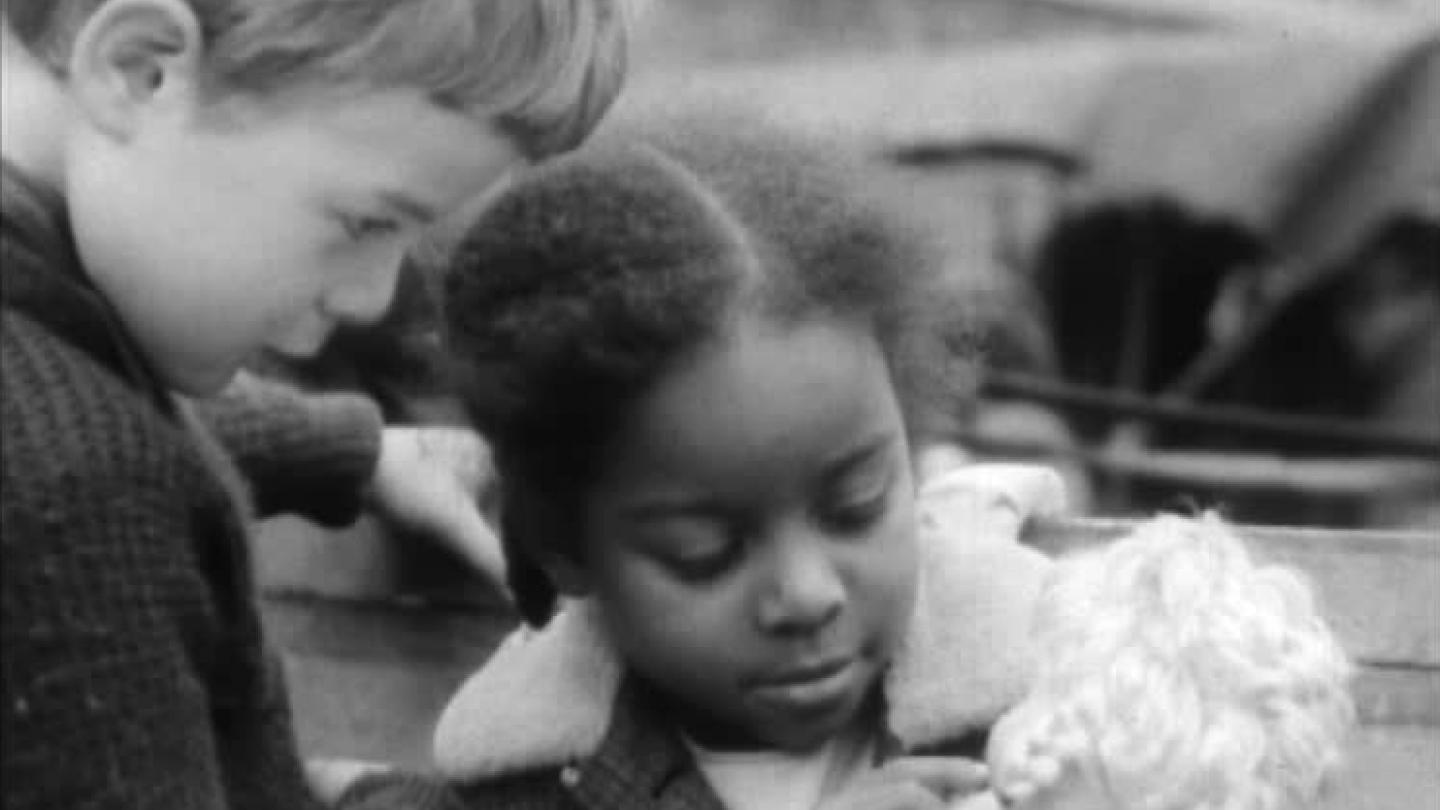
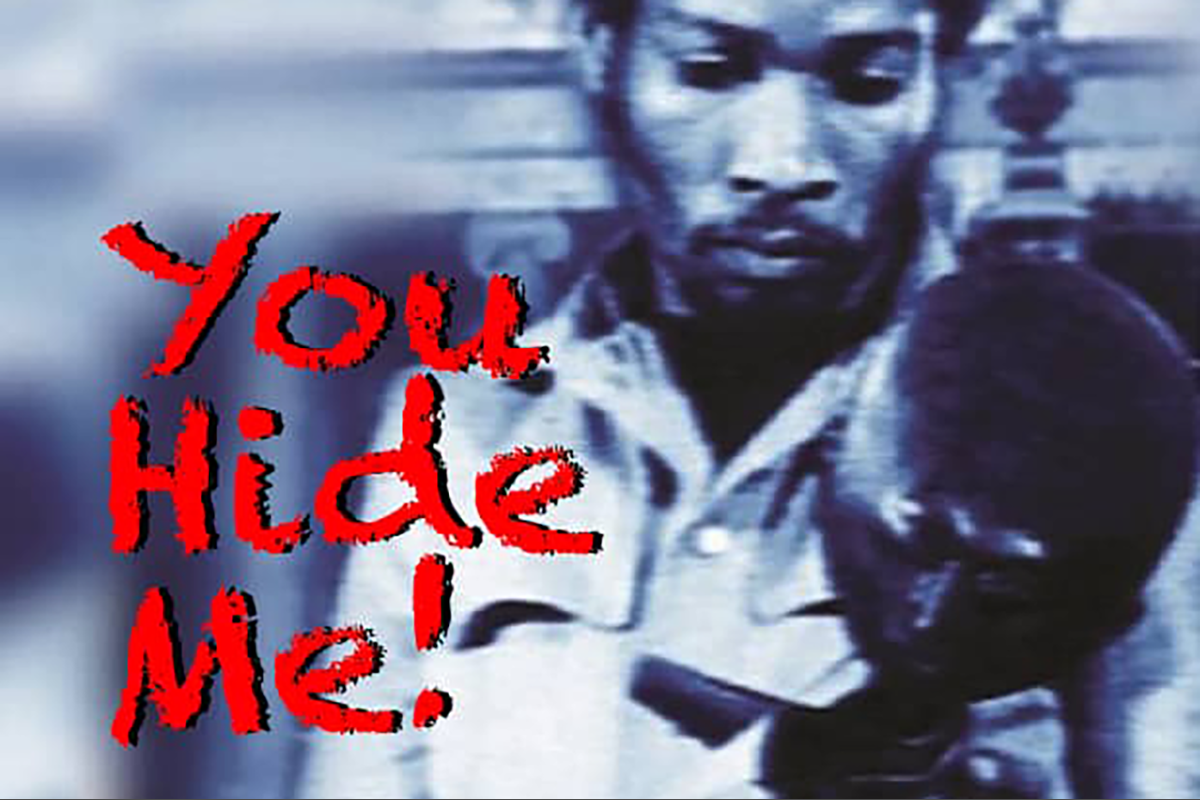
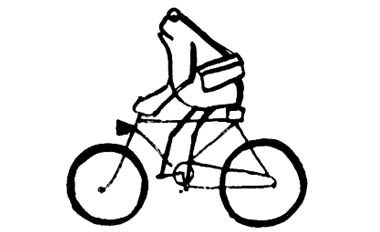
Für seinen zweiten Film wandte Ngakane seine Aufmerksamkeit der Situation der Schwarzen Gemeinschaft in Großbritannien zu. Er sagte: „Ich wollte einen Film über die Beziehung zwischen Schwarzen und weißen Personen in Großbritannien und das mangelnde Verständnis zwischen ihnen machen.“ Das Ergebnis war Jemima und Johnny (1966), gefilmt auf 35mm in schwarz-weiß und ohne Dialoge, ein charmantes Kurzdrama über die Freundschaft zwischen einem Schwarzen Mädchen und einem weißen Jungen im Londoner Stadtteil Notting Hill [ein Stadtteil, der seit den 1950er Jahren von rassistischen Spannungen geprägt ist..] (Stephen Bourne, Independent.com, 2003)
Der Dokumentarfilm You Hide Me ist ein [Doku-Drama über den Besuch zweier Afrikaner*innen] im Britischen Museum, die im Keller versteckte afrikanische Kunstwerke entdecken. Es ist ein Exposé über die Politik der europäischen Kolonialregime, die bei der Errichtung ihrer Herrschaft versuchten, alle Spuren afrikanischer Zivilisation, Religion, Sprache und Kunst auszulöschen. Es wird dargelegt, dass die in Afrika gesammelten und oft in den Kellern europäischer Museen versteckten Materialien gegen Afrikaner*innen und Schwarze in der Karibik, Europa und in den USA verwendet wurden, was dazu führte, dass dieses reiche kulturelle Erbe [unterschätzt wird]. (The African Centre)
Bon Voyage, Sim! ist die früheste Kurzanimation aus Westafrika. Eine charmante Geschichte über den Politikerfrosch Sim, den Präsidenten der „Krötenrepublik“, und die Wunder, die eine Reise in ein anderes Land mit sich bringt. Doch als Sims auf diese Reise geht, sind die Dinge bis zur Unkenntlichkeit verändert, als er zurückkehrt.
For his second film, Ngakane turned his attention to the situation of Britain’s black community. He said, „I wanted to make a film about the relationship between black and white people in Britain, and the lack of understanding between them.“ The result was Jemima and Johnny (1966), filmed in 35mm in black and white, with no dialogue, a charming short drama about the friendship between a black girl and a white boy in the Notting Hill area of London [an area which has a history of racial tensions from the 1950s..] (Stephen Bourne, Independent.com, 2003)
This documentary You Hide Me is an [docu-drama] of a visit to the British Museum by two Africans who discover African art hidden in the basement. An exposé of the policies of European colonial regimes which, in establishing their rule, attempted to wipe out all traces of African civilisation, religion, language, and art. It argues that materials collected in Africa and often hidden in the basements of European museums have been used against Africans as well as black people in the Caribbean, Europe, and the USA, making them [undervalue this] rich cultural heritage. (The African Centre)
Bon Voyage, Sim! is the earliest short animation from West Africa. A charming narrative of politician frog Sim, president of „toad republic“ and the wonders of traveling to countries during his presidential trip, but when Sims goes on this journey, things have changed beyond recognition when he returns.

Ngakane war ein Filmemacher, ein Schriftsteller, ein Regisseur und ein politischer Aktivist. Ngakane diente Südafrika während der Apartheid-Ära außerhalb des Landes, indem er zur Förderung des Schwarzen Filmschaffens beitrug, und nach der Apartheid setzte er dieses Erbe innerhalb Südafrikas fort, als er versuchte, dort eine neue Filmindustrie aufzubauen. Im Laufe seines Lebens versuchte Ngakane, mit seinen Filmen die Ungerechtigkeiten der Apartheid aufzudecken, und hinterfragte die Rationalität des Rassismus in England.
Ngakane was a filmmaker, a writer, a director, and a political activist. Ngakane served South Africa during the apartheid era outside the country, by contributing to the advancement of Black filmmaking, and after apartheid he continued that legacy within South Africa as he sought to establish a new cinema industry there. During his life Ngakane sought to expose the injustices of apartheid through his film and questioned the rationality behind racism in England.
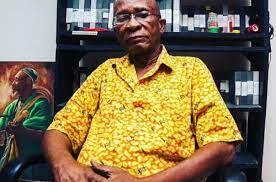
Nii Kwate Owoo ist ein ghanaischer Wissenschaftler und Filmemacher. Sein Dokumentarfilm You Hide Me wurde 1970 in England gedreht (wo er Teil des Filmkollektivs Cinema Action war) und galt als „kontrovers“. Er wurde mit den Worten zitiert: „Mein Film wurde 1971 in Ghana verboten und vom ghanaischen Fernsehen abgelehnt, weil er antibritisch war: Es war das Ergebnis dieses Verbots, über das das West Africa Magazine 1971 berichtete und das dem Film zu seiner weltweiten Anerkennung und Kontroverse verhalf.“ Owoo war als Produzent und Regisseur an einer Reihe weiterer bemerkenswerter Filmprojekte beteiligt, wie etwa 1991 an dem Spielfilm Ama: An African Voyage of Discovery, bei dem er gemeinsam mit Kwesi Owusu Regie führte. Außerdem war er von 1978 bis 2002 Gründer und Leiter der Medienforschungsabteilung am Institut für Afrikastudien (Universität Ghana).
Nii Kwate Owoo is a Ghanaian academic and filmmaker. His documentary film You Hide Me was shot in 1970 in England (where he was part of the Cinema Action film collective) and was viewed as „contriversial“. He has been quoted as saying: „My film was banned in Ghana in 1971 and was rejected by Ghana Television at the time for being Anti-British: it was the result of this banning which was reported and given prominent publicity by West Africa Magazine in 1971 that gave the film its world wide acclaim and controversy.” Owoo has been producer and director on a number of other notable film projects, such as the 1991 feature Ama: An African Voyage of Discovery, which he co-directed with Kwesi Owusu. He was also the founder and head of the Media Research Unit at the Institute of African Studies (University of Ghana) from 1978 to 2002.
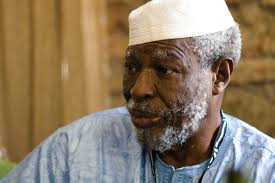
Moustapha Alassane war ein bahnbrechender Filmemacher in Niger. Seine künstlerischen Ansätze kombinierten Malerei, Animation, Ethnografie und die Avantgarde, um politische und soziale Kritik am Niger nach der Unabhängigkeit zu üben. Seine künstlerische Innovation hatte großen Einfluss auf seine westafrikanischen Filmkollegen*innen und inspirierte andere Filme wie Touki Bouki von Djibril Diop Mambéty. Zu seinen weiteren Filmen gehören die moralische Erzählung von falschen afrikanischen Cowboys, Return of An Adventure (1966), die mystische Parabel, die auf einem traditionellen Volksmärchen basiert, Toula (1973) und mehrere animierte Kurzfilme, die diesen Live-Action-Filmen vorausgingen.
Moustapha Alassane was a pioneering filmmaker in Niger, his artistic approaches combined painting, animation, ethnography and the avant garde to develop political and social critiques of post-independence Niger. His artistic innovation heavily impacted his West African cinema contemporaries, inspiring other films such as Djibril Diop Mambéty’s Touki Bouki. Other of his films include the moral tale of faux African cowboys, Return of An Adventure (1966), the mystical parable based on a traditional folktale Toula (1973) and several of animated short films to precede these live-action works.